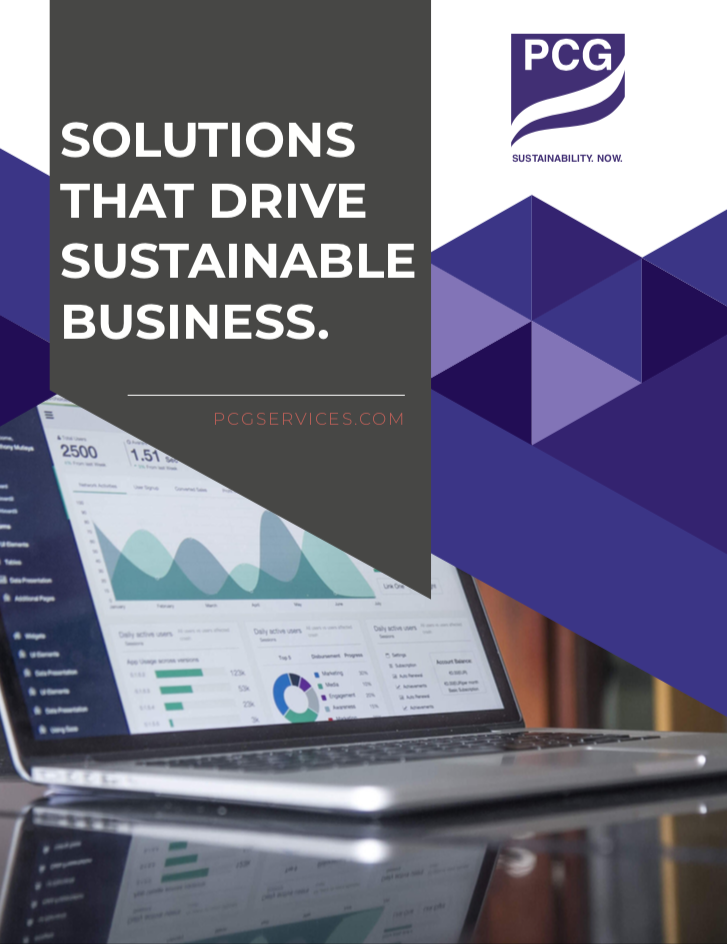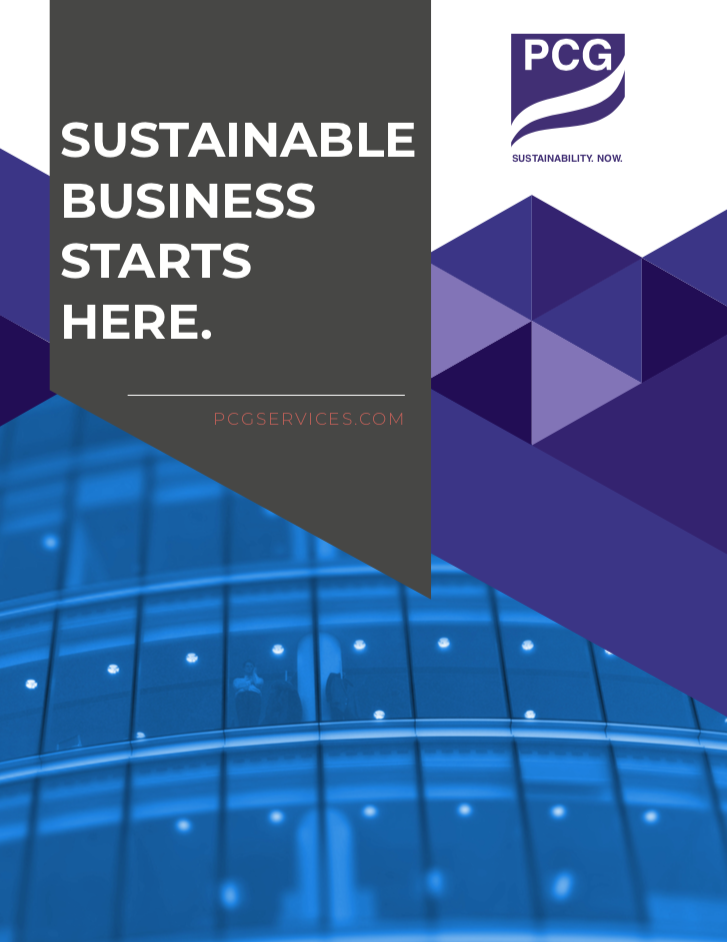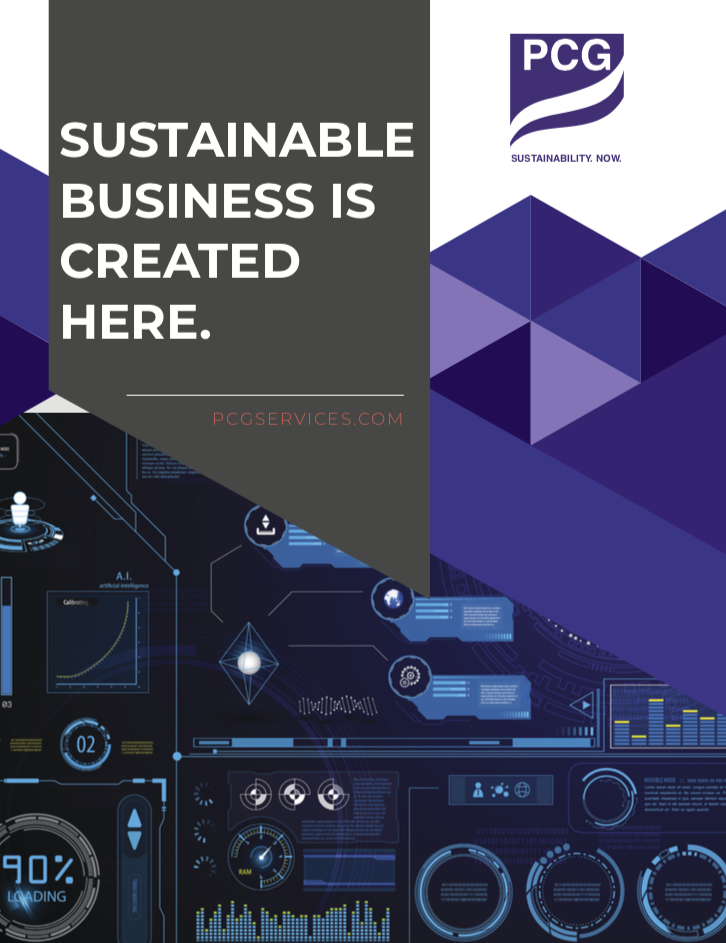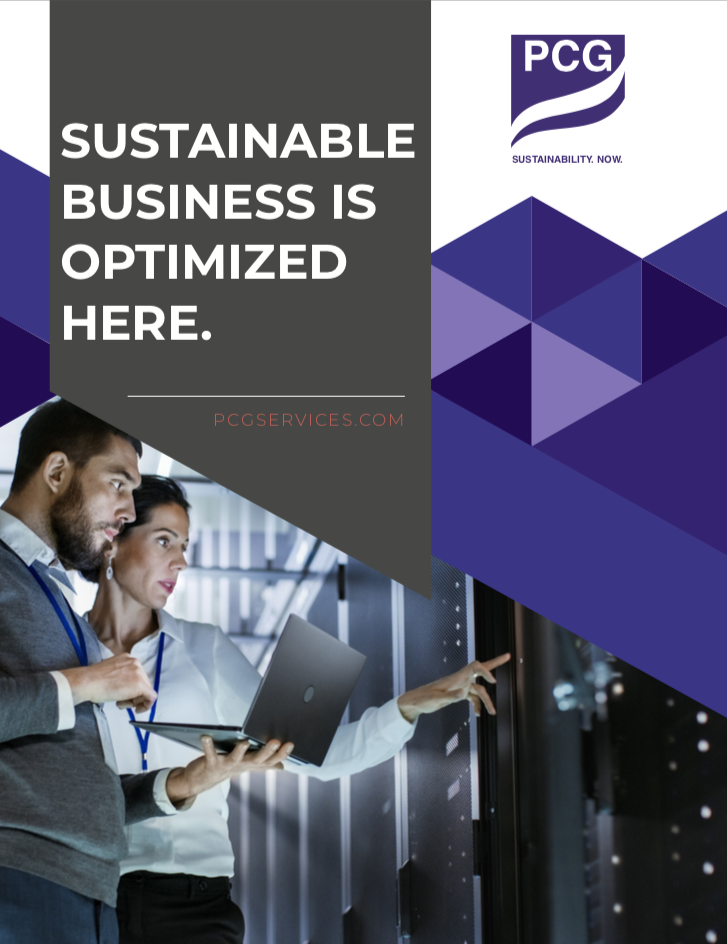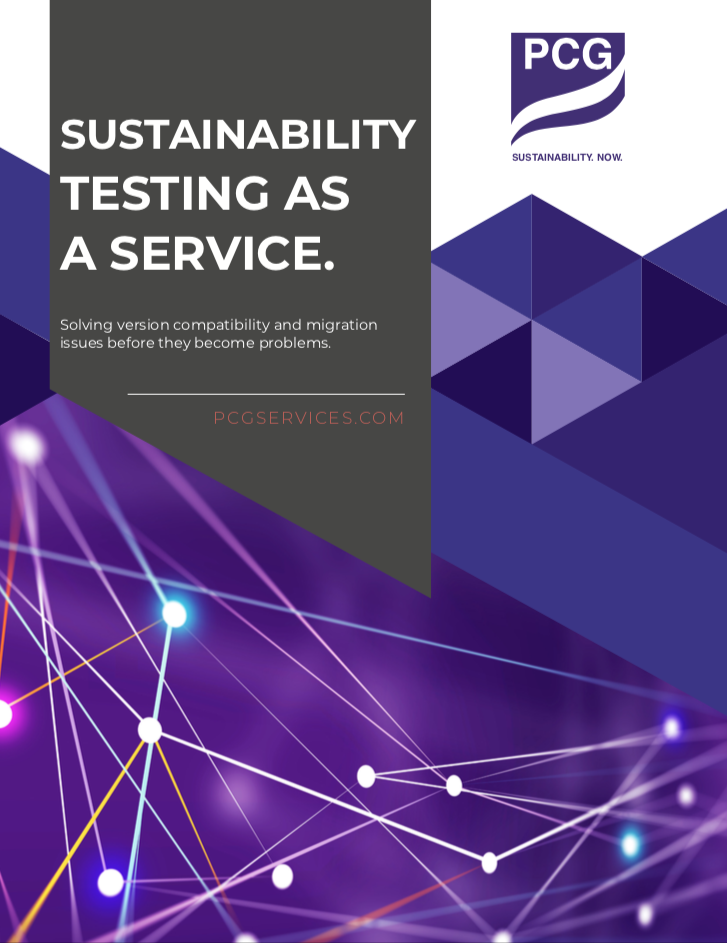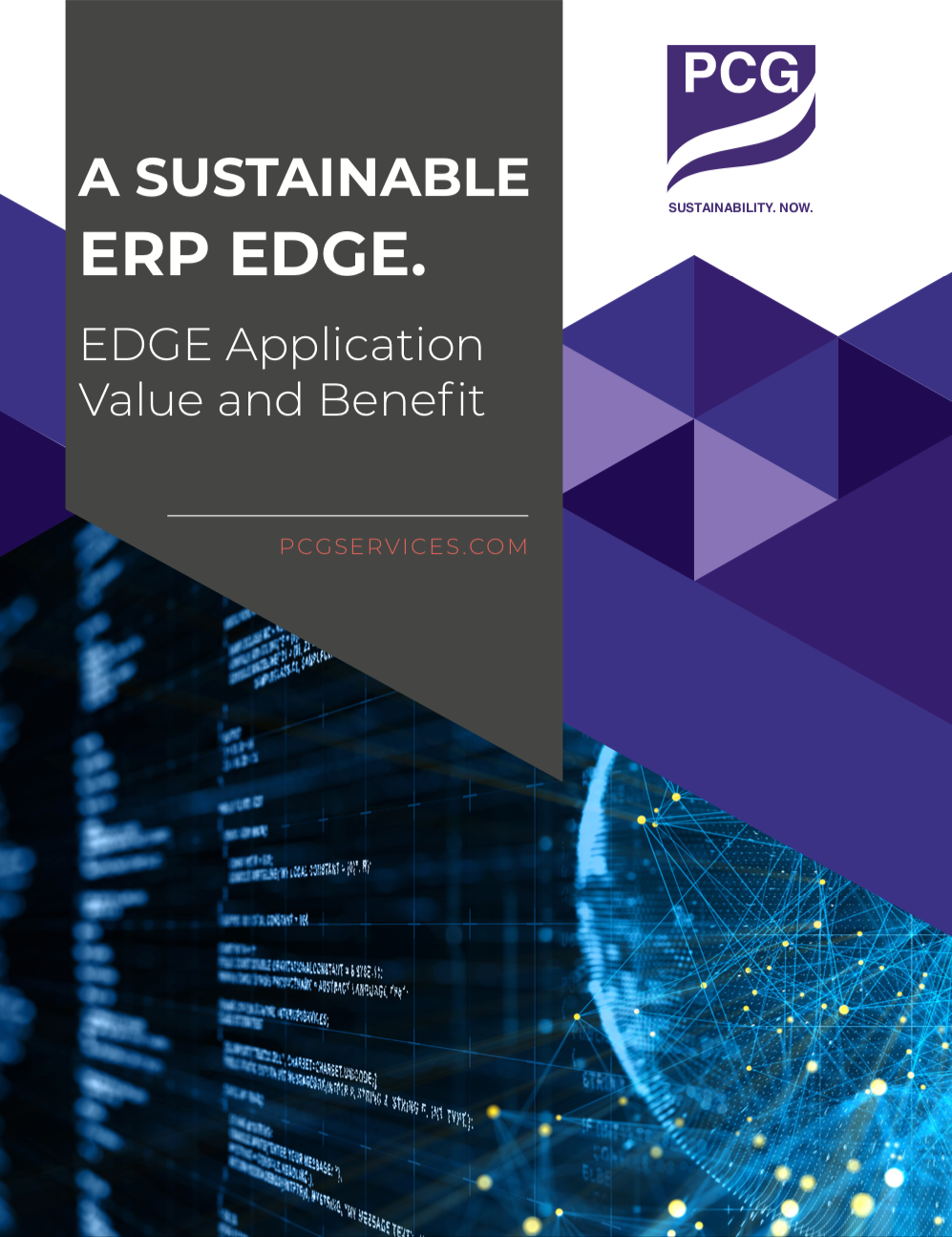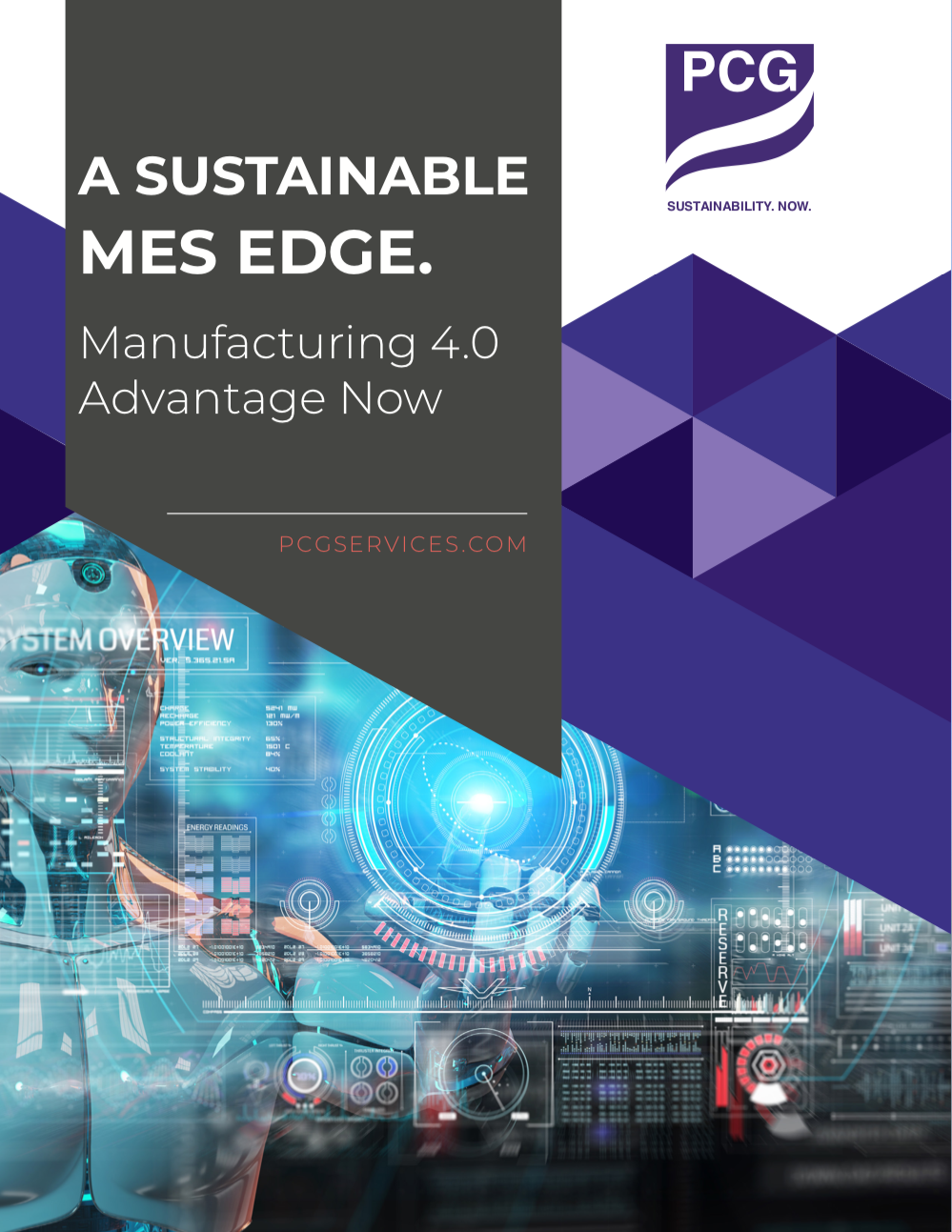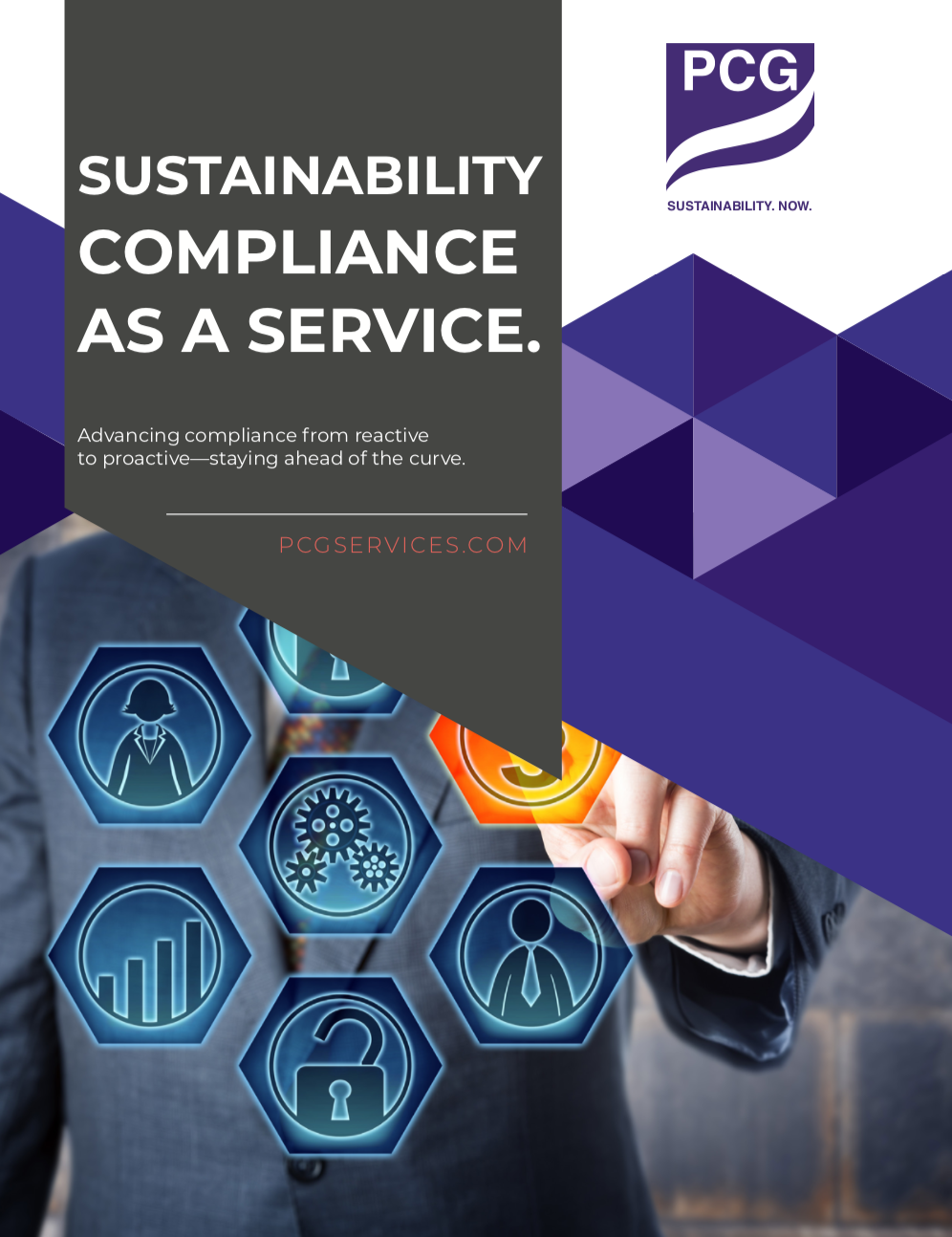Insights Blog
How AI is transforming ERP
The Future of AI and ERP
Author: Dan Aldridge — PCG Director of Solutions Marketing
Introduction —
It’s hard to believe that the first Terminator film came out in 1984. I’ll never forget how I felt in the theater with the special effects and the dystopian future imagined by director James Cameron. At the time, it seemed that no one – in Hollywood or in business – could imagine a future of artificial intelligence (AI) that didn’t
rebel against its maker.
When I went to work in the Enterprise Resource Planning (ERP) industry in the ‘90s at a company called Baan, the ERP system that I used was very labor intensive. Even entering data like a sales order involved manual lookups and re-typing information that was often wrong anyway.
There was no AI technology in ERP systems then, as they were still in their infancy. Still, although robots weren’t replacing white-collar workers yet, they were already supplanting shop floor workers in manufacturing companies.
The second film Terminator 2 Judgment Day, featured a much more advanced and frightening, shape-shifting Terminator model. The older Terminator model became the protector of the humans Sarah Conner and her son John.
This film reminded me that, in Hollywood and in business, AI could work alongside humans in a symbiotic way and make them both better – provided there are guardrails against the “dark side”.
What is AI in ERP? —
What makes AI so interesting in combination with ERP, especially compared to other technologies, is how many applications it has. It impacts nearly every industry and every job function – from the shop floor all the way up to the CEO.
The ERP software industry is undergoing a significant transformation due to the influence of AI. But what specific impacts does AI have on ERP software and what do we need to know about it?
Is it something we really need to worry about, like T2, or is it a benevolent companion and protector, like T1 in Terminator 2 Judgement Day?
Fortunately, although AI and ERP are distinct technologies, they can coexist and complement each other. Accordingly, major tech providers like Microsoft and Google have already heavily invested in AI which is beginning to bleed into ERP.
How AI is transforming ERP —
I found an excellent article by an analyst named Ted Rohm at TEC which talks about how AI is transforming ERP. It does a great job of covering general concepts about the interaction of AI with ERP.
Says Rohm: “The use of AI in ERP will radically change the way business data and processes are managed. ERP systems will no longer require people’s efforts and intelligence to properly code and enter every minute detail of a business transaction to complete an operation.
People will no longer have to wait patiently by a computer screen to approve employee expense reports or monitor factory equipment and inventory status. Nor will people need to run tens of reports, then slice and dice them together in spreadsheets to gain critical business insights on whether they need to order another 100 widgets for this month’s orders.
Artificial Intelligence holds the promise of further freeing people from many tasks that require human intelligence to make them happen.”
Here is a link to the full post.
How AI is transforming ERP finance —
Outside of maybe Sales, the department in a company that’s probably most in need of AI in their ERP system is finance. Here’s the summary of an article from ERP Advisors Group:
“Most busy, productive finance and accounting professionals wish they and their staff had more time in the day to do the value-add tasks that require time and space to analyze their financial data and make recommendations to better the business. However, many find themselves mired down in manual processes including spreadsheet manipulation, repetitively clicking through multiple systems, and performing time-consuming data entry to complete basic tasks.”
A great example is an application of Robotic Process Automation (RPA), a form of AI, in interpreting purchase invoice information from scanners, matching to purchase orders, and automating approval. Crazy!
Potential risks in the future of AI and ERP —
The potential risks are the reason why guys like James Cameron and Elon Musk are understandably freaked out about the rapid progress of AI.
For instance, what will prevent ERP vendors that have data on the cloud from sharing comparative data with other customers, endangering competitive advantage? Obtaining data from company ERP systems in the cloud increases the risk for fraud, data piracy, and stealing proprietary secrets.
Conceivably AI in ERP could also make decisions on its own, such as reviewing customer accounts receivable data like aging history and credit checks to determine what’s a “good” or “bad” customer; and then going ahead and blocking them if they’re “bad”.
In other words, humans could be delegating authority to AI to make decisions on behalf of the company without human oversight or intervention.
Skynet, anyone?
Conclusion – Are we facing a dystopian future? —
To me, although there is almost unlimited potential for good in AI and ERP, there also needs to be much more discussion about the dangers. For instance, AI can access internal ERP data sources like customer data files and the internet together to pit one company against another or spy on competitive advantage.
Using the Terminator analogy, it would be as if the competitor chasing you is a late-model Terminator in a tractor- trailer who’s tapped into a satellite that’s tracking your every move in your pickup truck. Oh…and that tractor-trailer can time travel!
While I don’t think AI in ERP is going to completely replace human users anytime soon, I believe the writing is on the wall for job reductions and machines taking over certain functions.
///
Dan Aldridge
Dan has 25+ years of corporate management experience including CEO, CFO and Controller of the consulting firm he founded and grew for 13 years. He has ERP software and digital transformation experience working with CEO’s, CFO’s, Controllers, and other C-levels at Fortune 500 companies. He specializes in Finance (e.g., Financial Statements, General Ledger, Accounts Payable, Cost Accounting) and Manufacturing (e.g., MRP, Production, Industry 4.0, Smart Factories, MES systems) consulting and project management.
Work together with PCG for great Infor platform success. Contact us, and let’s get started!
NOTE: All references to external content, motion pictures, actors, or third-party story lines does not represent an implied or explicit relationship with any third-party content owner. All trademarks, tradenames, movie titles, scripts and story lines, and NIL remain the property of their respective owners.
More Information for You
Solutions
Services
Support
Platforms
Technology Partnerships

Contact | Legal | Privacy Policy | LinkedIn | YouTube | SmartFactory | OrangeQuery



